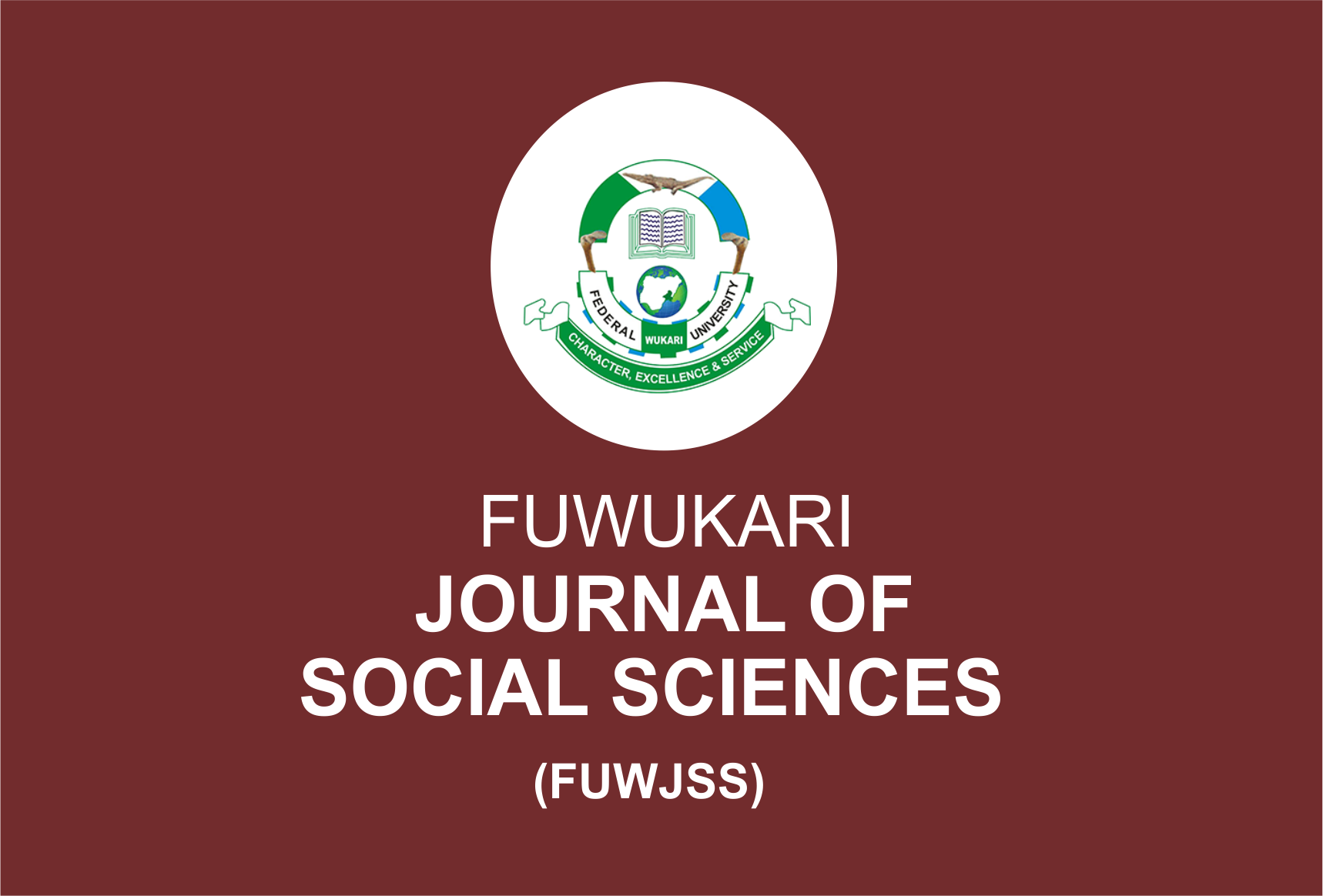Assessment of Foreign Aids and Economic Development during President Muhammadu Buhari’s Democratic Government
Usamotu Basheer Olalere, Kareem Alidu Olatunji
Keywords: Foreign aids, Buhari, IMF, World Bank, democracy
Abstract
Since the nation’s independence in 1960, successive Nigerian governments have been accessing foreign aids and loans. With the return of democracy to Nigeria in 1999, this paved the way for the country to access more aids and loans in order to better the lives of its citizens. The Muhammadu Buhari’s government is not an exception. Since Buhari came back to power in 2015 as the democratic president of Nigeria, he has been making efforts to attract grants and aids from developed countries and financial institutions. However, it is still unclear to what extent these aids and grants have yielded expected results of improving living standards for ordinary Nigerians. Adopting the modernization and dependency theories, this paper assesses how President Buhari’s received foreign aids and grants impact on economic growth and development in Nigeria. The paper relied on secondary sources for data collection. Findings established that President Muhammadu Buhari accessed foreign aids and grants majorly through international financial institutions and developed western countries. The paper concludes that Buhari’s democratic government misused foreign aids and this negatively impacted on economic growth and development in Nigeria. The paper recommends that Nigerian democratic governments must be aware that foreign aids and grants are not to be seen as mere demonstration of benevolence to Nigeria by international financial institutions and western donor countries. Rather, foreign aids should be considered as a business affair in their intent and content. Hence, the Nigerian government must design and structure mechanisms for coping with the conditional ties attached to foreign aids and grants, rather than complain of their aftermaths.
Author Biography
Usamotu Basheer Olalere
The Department of Political Science and Int’l Relations,
Faculty of the Social Sciences,
College of Management and Social Sciences,
Osun State University, Osogbo.
[email protected]; [email protected]
Dr. Kareem Alidu Olatunji
Department of Sociology, Federal University Wukari, Taraba State, Nigeria [email protected]

